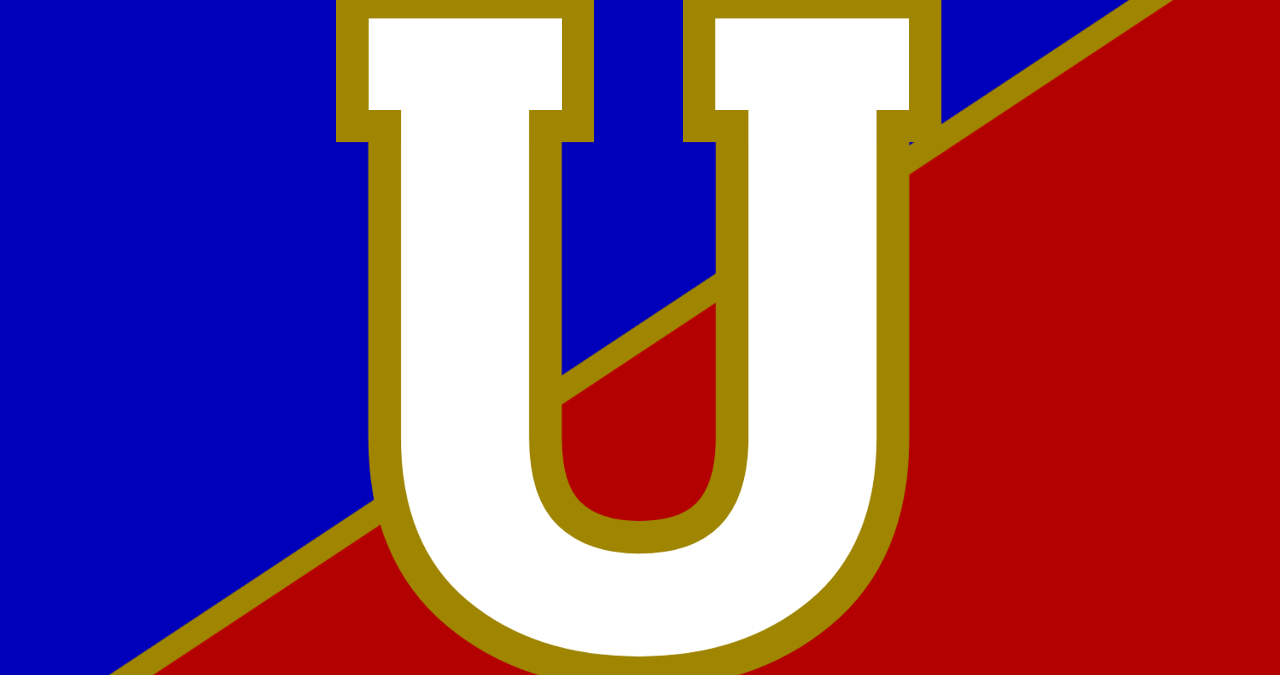Discover the full story of Liga de Quito, Ecuador’s most iconic football club. From Copa Libertadores glory to legendary players, this is a deep dive into a true South American powerhouse.
Liga Deportiva Universitaria, commonly known as Liga de Quito, isn’t just a football club—it’s a symbol of Ecuadorian passion, perseverance, and pride. Based in the capital city of Quito, Liga de Quito holds a special place in the hearts of football fans throughout the nation and across South America. Whether you’re a die-hard supporter or just beginning to explore the world of South American football, Liga de Quito offers a rich and inspiring story.
The Roots and Rise of Liga de Quito
Founded in the early part of the 20th century, Liga de Quito’s journey began as a university football team. Over the decades, it evolved from humble beginnings to one of the most decorated and respected clubs in Ecuador and the continent.
The club’s identity is deeply rooted in academia and community values. Initially, it served as an athletic outlet for students from the Central University of Ecuador. But as the passion for the game grew, so did the ambitions of the team. Before long, they were competing against local clubs, gaining recognition, and gradually becoming a fixture in the national football scene.
Achievements That Shaped a Legacy
When you talk about Liga de Quito, you have to talk about trophies. The club has earned multiple national league titles, Copa Libertadores victories, and even prestigious international championships.
Liga de Quito made history by being the first Ecuadorian team to win the Copa Libertadores in 2008. This landmark victory put not just the club, but the entire nation on the global football map. The triumph was no fluke. It was the result of strategic management, homegrown talent, and a fiercely loyal fanbase.
Their success didn’t stop there. Liga went on to win the Copa Sudamericana and Recopa Sudamericana, showcasing their consistency at the continental level. Every match became a testament to their strength, tactics, and the fire in their players’ hearts.
The Spirit of Estadio Rodrigo Paz Delgado
No discussion about Liga de Quito is complete without mentioning their home ground—Estadio Rodrigo Paz Delgado, affectionately known as Casa Blanca. This iconic stadium is more than just a venue; it’s a temple of dreams for the fans.
Located in northern Quito, Casa Blanca can hold over 40,000 spectators. The atmosphere on match day is electric, and for many visiting teams, it’s an intimidating fortress. With fans chanting, singing, and waving flags, it becomes a sea of white, echoing the colors of the club. This emotional intensity gives the team a psychological edge and helps make the stadium one of the most challenging places for opponents in South America.
Liga de Quito’s Iconic Players
Over the years, Liga de Quito has been home to some of Ecuador’s and South America’s most remarkable football talents. Players like Patricio Urrutia, Ulises de la Cruz, and Edison Mendez have worn the club’s jersey with pride and brought glory to the team.
But the club hasn’t only focused on stars. Liga de Quito has consistently developed young talent through its academy. The youth system is well-known for nurturing promising players who later contribute to the national team or move on to bigger clubs in Europe and the Americas.
The Managerial Influence: Leadership on and off the Pitch
Great football clubs are shaped by visionary managers, and Liga de Quito is no exception. Coaches like Edgardo Bauza, who led the team to its Copa Libertadores win, brought not just tactical intelligence but also a deep understanding of the team’s spirit and mission.
A good manager at Liga de Quito does more than just coach. They mentor, inspire, and instill discipline. These values have become part of the club’s DNA, influencing the playing style and the mentality of the players. Whether it’s a league match or an international final, the team plays with strategy and heart—a reflection of strong leadership.
Rivalries That Fuel Passion
Liga de Quito has intense rivalries that add fire to Ecuadorian football. Matches against Barcelona SC and Emelec are particularly explosive. These rivalries aren’t just about bragging rights; they’re about regional pride, historical clashes, and passionate fanbases.
Each match between these giants is an event. The buildup, the media coverage, the fan discussions—they all create an atmosphere of anticipation. For players, these games are a chance to become legends. For fans, it’s a celebration of identity and loyalty.
International Presence and Recognition
Liga de Quito isn’t just admired in Ecuador. Their international performances have earned them respect across the footballing world. After their Copa Libertadores win, Liga gained global media attention, which led to friendlies against major clubs from Europe and North America.
They even participated in the FIFA Club World Cup, where they played against the world’s top clubs. These appearances helped elevate the status of Ecuadorian football and proved that teams from smaller countries can compete on the biggest stages.
Community Engagement and Social Impact

One of the most admirable aspects of Liga de Quito is its commitment to community development. The club has numerous programs aimed at youth empowerment, sports education, and social inclusion.
From hosting football clinics to supporting underprivileged kids, Liga de Quito sees football as a tool for positive change. Their social responsibility initiatives have strengthened their bond with fans and solidified their role as more than just a sports club.
The Culture of the Fans
The fans of Liga de Quito are among the most passionate and dedicated in South America. They’re not just spectators; they’re part of the club’s soul. On game days, the city of Quito turns white with jerseys, banners, and chants echoing across neighborhoods.
Supporters have built a unique culture around the club. From fan chants to rituals and match-day superstitions, being a Liga de Quito fan is a lifestyle. The connection between the team and its supporters is deeply emotional, often spanning generations within families.
Modern Challenges and the Road Ahead
Like any major football club, Liga de Quito faces modern challenges. These include financial pressures, international competition, and the need to constantly evolve in a rapidly changing sports landscape.
However, the club has embraced technology and innovation to stay competitive. From advanced player analytics to improved training facilities, Liga de Quito is future-proofing itself. Despite ups and downs, one thing remains constant: the club’s relentless pursuit of excellence.
What Makes Liga de Quito Unique?
Every club has its strengths, but Liga de Quito combines several elements that make it truly special. It’s the only Ecuadorian team with a continental treble. It has a unique connection with academia, a passionate fanbase, a rich trophy cabinet, and a powerful social mission.
Their journey is one of resilience. Liga de Quito has shown that with vision, commitment, and heart, anything is possible. They’ve made the world take notice and continue to inspire a new generation of football lovers.
Frequently Asked Questions (FAQs)
Q1: What is Liga de Quito most famous for?
A: Liga de Quito is most famous for being the first Ecuadorian football club to win the Copa Libertadores, South America’s most prestigious club competition, in 2008.
Q2: Where does Liga de Quito play its home games?
A: They play at Estadio Rodrigo Paz Delgado, also known as Casa Blanca, located in Quito. It’s one of the largest and most iconic stadiums in Ecuador.
Q3: Who are Liga de Quito’s biggest rivals?
A: The club’s biggest rivals include Barcelona SC and Emelec. Matches against them are intense and highly anticipated in Ecuadorian football.
Q4: Has Liga de Quito played in the FIFA Club World Cup?
A: Yes, they represented South America in the FIFA Club World Cup after winning the Copa Libertadores, showcasing their strength on a global platform.
Q5: How can I follow Liga de Quito from abroad?
A: You can follow the club via their official social media channels, website, and sometimes through live streams of matches on international sports networks.
Conclusion: Liga de Quito’s Enduring Glory
Liga de Quito isn’t just a football team—it’s a symbol of Ecuadorian excellence, pride, and resilience. With a legacy that spans decades, the club continues to inspire and uplift fans around the world. From university beginnings to international glory, Liga de Quito’s story is one of passion, perseverance, and promise.
Whether you’re cheering from the stands of Casa Blanca or following from halfway across the world, one thing is certain: being part of Liga de Quito means believing in something bigger than football. It means embracing a legacy, a dream, and a relentless pursuit of greatness.




